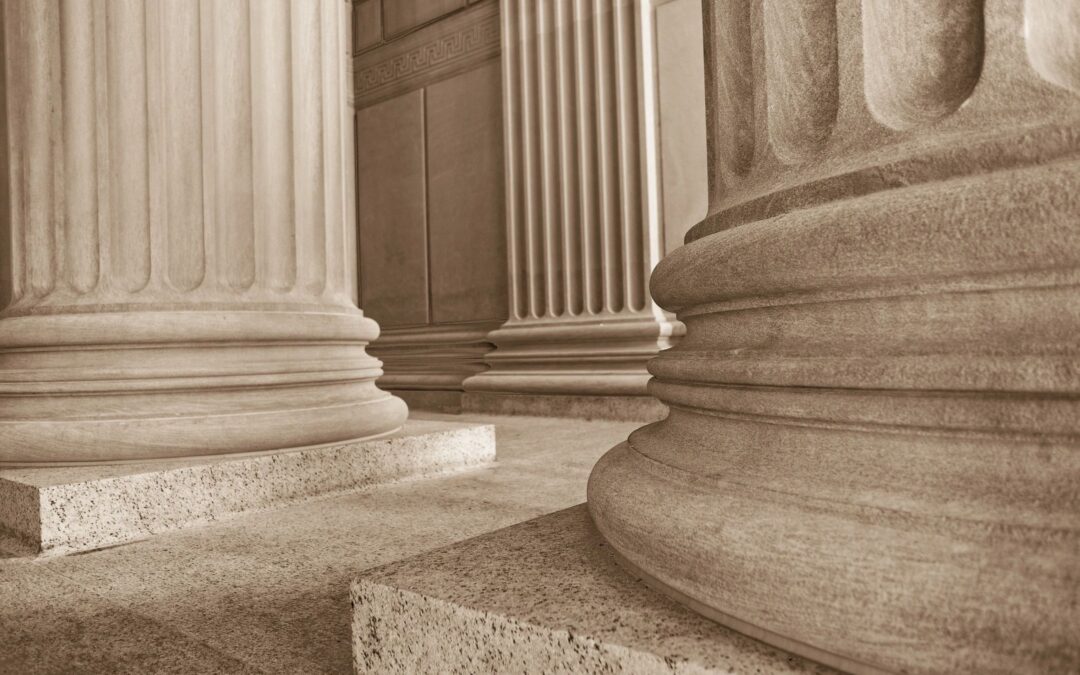By Luke Cipolla and Dave Maiorana –
On February 20, 2024, the Supreme Court denied Liquidia Technologies’ petition for a writ of certiorari to review a precedential Federal Circuit decision, United Therapeutics Corp. v. Liquidia Techs., Inc., 74 F.4th 1360 (Fed. Cir. 2023). Supreme Court of United States Docket No. 23-804. In the petition, Liquidia argued that a PTAB written decision should block liability of infringement in parallel district court litigation, even while pending appeal. See Petition for Writ of Certiorari, Liquidia Technologies, Inc. v. United Therapeutics Corp., No. 23-804 (“Writ”).
In June 2020, United Therapeutics Corp. (UTC) sued Liquidia alleging infringement of multiple patents, including U.S. Patent No. 10,716,793 (’793 patent). Writ at 8. In January 2021, Liquidia filed a petition for inter partes review (IPR) of the ’793 patent alleging all claims were unpatentable. Writ at 8, IPR2021-00406.
The PTAB agreed and held that all ’793 claims were unpatentable, which Liquidia submitted to the district court the same day the PTAB issued its decision. Writ at 8. The district court, after hearing from both parties, declined to give collateral estoppel effect to the PTAB final written decision. Writ at 9. The district court explained that the PTAB decision “[d]oes not have collateral estoppel effect until that decision is affirmed or parties waive their appeal rights.” Writ at 9. The district court also held all claims of the ’793 patent were not invalid and that Liquidia induced infringement of the ’793 patent. Writ at 9.
The Federal Circuit affirmed the district court’s findings and explained that the claims are not cancelled until after that court affirms the PTAB decision or the parties waive their appeal rights—confirming that a PTAB decision pending appeal is non-final and non-preclusive. Writ at 28. Liquidia filed the writ of certiorari on January 23, 2024. Writ at 1.
Liquidia’s legal argument in the petition was two-fold: (1) the Federal Circuit’s decision disregarded Supreme Court precedent regarding PTAB decisions; and (2) the Federal Circuit’s decision conflicted with ordinary preclusion principles applied to agency decisions by the Supreme Court and all other circuits. Writ at 10-11. Liquidia mainly relied on Commil USA, LLC v. Cisco Systems, Inc., 575 U.S. 632 (2015) and B & B Hardware Inc. v. Hargis Industries, Inc., 575 U.S. 138 (2015). Writ 13-14.
Liquidia asserted Commil explained accused inducers have many avenues to obtain an invalidity ruling to shield themselves from infringement liability, including petitioning for an IPR and “receiv[ing] a decision as to validity within 12 to 18 months.” Writ at 13. According to Liquidia, an IPR decision made in 12-18 months, like the one Liquidia received, should on its own shield alleged inducers from liability in parallel litigation under Commil—regardless whether the decision is pending appeal. Writ at 13-14.
In B & B Hardware, the Court held that a TTAB decision regarding likelihood of confusion was preclusive in later district court trademark infringement litigation. Writ at 14. In doing so, the Court explained that issue preclusion “often applies” when an issue is in front of a court and an administrative agency. Writ at 14. Liquidia argued that B & B Hardware reinforced their reading of Commil and that B & B Hardware extended ordinary preclusion rules to TTAB and PTAB decisions. And as a result, according to Liquidia, a district court must give a PTAB decision preclusive effect.
The Supreme Court, however, denied Liquidia’s petition and the Federal Circuit’s holding remains good law.
Takeaway:
Practitioners should not rely on PTAB decisions to shield themselves from infringement liability in district court unless the Federal Circuit has affirmed the decision or the parties have waived their appeal rights. And before filing an IPR, petitioners must carefully weigh the IPR’s timeline against the timing and schedule of any parallel district court litigation.

